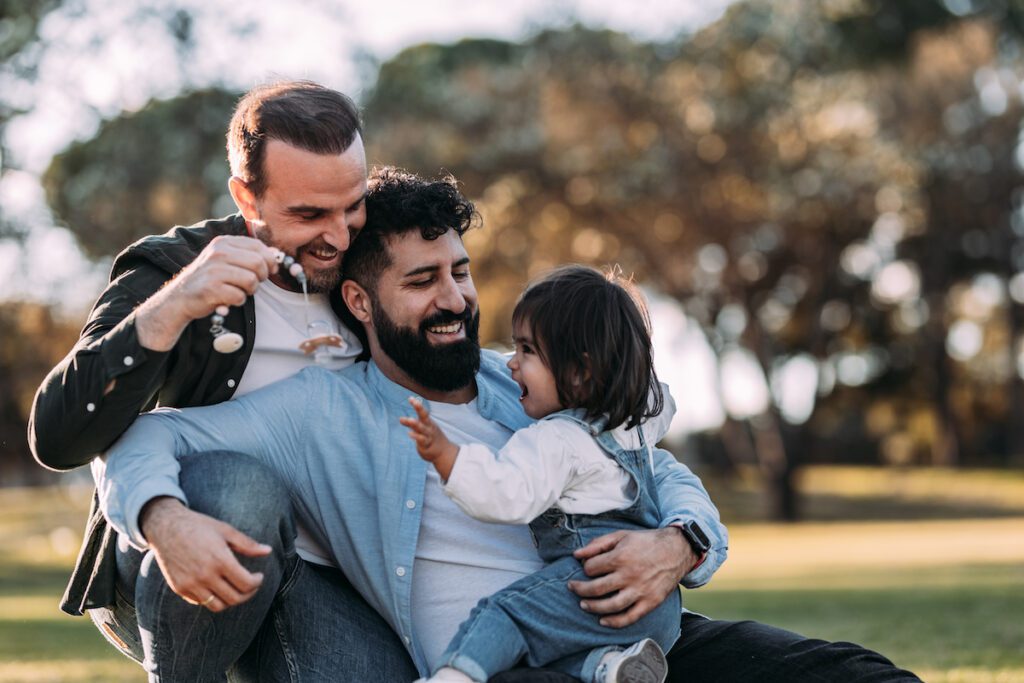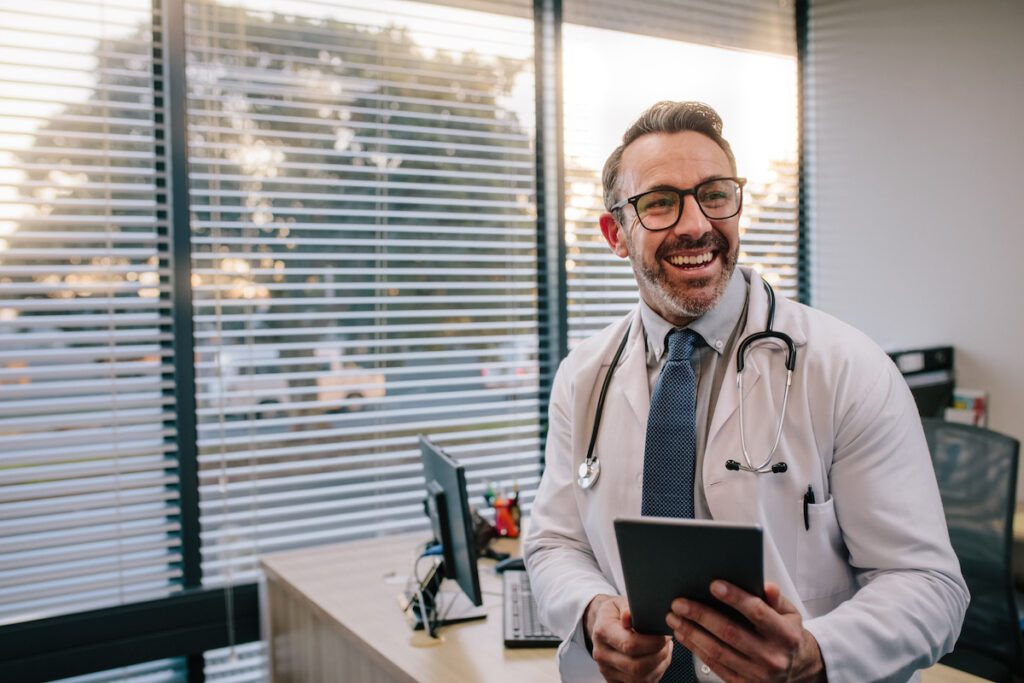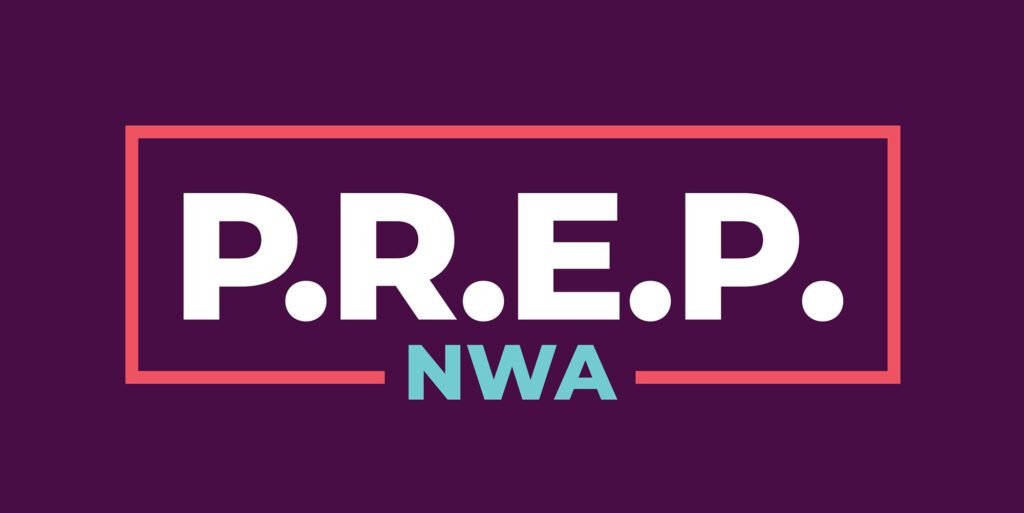Early Detection Saves Lives
While there is currently no cure for HIV, early detection can improve your chances of successful treatment and management. We know there’s a stigma around HIV, so it can be hard to seek out testing and treatment, but we’re here to provide safe, supportive, and compassionate care for everyone.

HIV Basics
Human Immunodeficiency Virus (HIV) is a virus that attacks the body’s immune system and leaves it vulnerable to infection.
If left untreated, HIV can eventually lead to acquired immunodeficiency syndrome (AIDS).
Transmission
HIV can be transmitted via the exchange of bodily fluids, including rectal or vaginal fluid transferred during anal or vaginal sex, blood from shared needles, or breast milk.
Symptoms
Symptoms of HIV infection may include fever, chills, night sweats, body aches, unexplained weight loss, and constantly feeling sick.
Prevention
We offer pre-exposure prophylaxis (PrEP) and post-exposure prophylaxis (PEP) to help prevent HIV transmission.
Treatment
HIV treatment involves using antiretroviral therapy to reduce the viral load in your body. The sooner you start treatment, the more likely you are to achieve an undetectable viral load and almost fully eliminate your symptoms.
Harm Reduction
Safe Sex Practices
Safe sex practices can drastically reduce your risk of contracting HIV.
The golden rule of safe sex is to use a condom every time. Be sure to use latex or polyurethane condoms, check the expiration date, and examine each one for defects. Condoms should be stored in a cool, dry place and should only be used with water- or silicone-based lubricants. Oil-based lubricants can damage latex condoms, causing them to break and expose you to potential infectious diseases.
Needles/Drug Use
Using new, clean needles every time will help reduce your risk for HIV. You should also take PrEP if you can or PEP if you know you’ve been exposed. Ask us about needle exchange programs and local resources in your community.
HIV Testing 101
How to Get Tested
Call or Text #PrEP to Community Clinic (855-438-2280)
Ask for the P.R.E.P. NWA team.
Call Your Healthcare Provider
Ask for HIV testing due to exposure. The ER is also an option if you do not have a PCP in the area.
If You Are Out of Town, Call 800-CDC-INFO (800-232-4636)
They’ll help you find a testing center near you.
Types of Tests
Rapid Antibody
Rapid tests use a drop of blood from a finger prick or a mouth swab to collect samples. Results are usually ready in under 30 minutes.
Lab Testing
Lab testing is available at most primary care offices and checks for HIV antibodies and antigens.
Home Testing
Home testing kits are available at cdc.gov and takemehome.org.
When You Should Get Tested

- You have new sexual partners
- It’s been a while since you were last tested
- You’re having flu-like symptoms
- You’re looking to start PrEP
- You engage in high-risk sexual activity
- You inject drugs
- You’ve been exposed to blood
What to Do If You Think You’ve Been Exposed
If you think you’ve been exposed to HIV, call us at Community Clinic, Text #PrEP to 1-855-438-2280, or notify your primary care physician. Try to get tested as soon as possible and follow your doctor’s recommendations on follow-up testing. You can also ask us about PEP!


